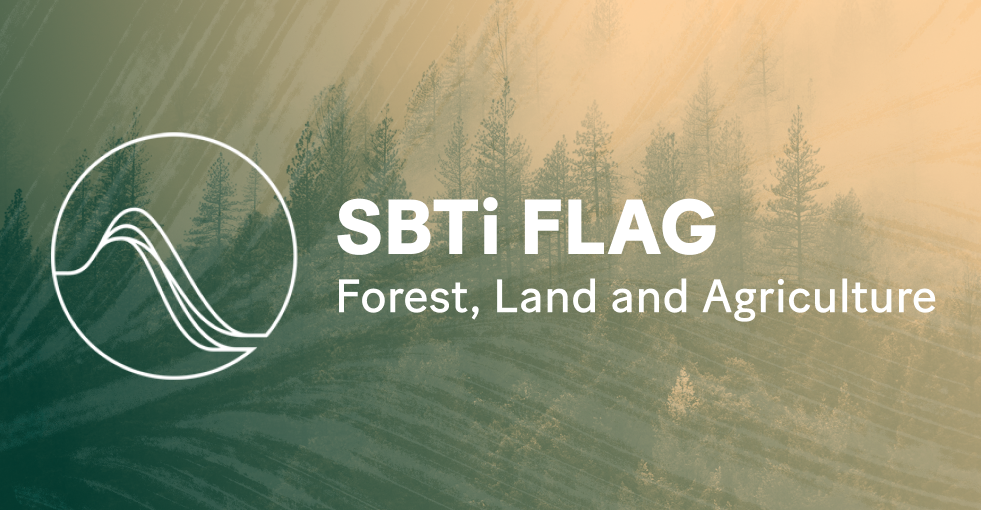22 January 2025
Nordzucker has submitted FLAG targets to the Science Based Targets Initiative

At the end of December, Nordzucker submitted the FLAG targets to the Science Based Targets Initiative. The FLAG targets relate to those parts of the companies’ Scope 3 emissions which are associated to agriculture and land use. This complements Nordzucker’s GoGreen programme, which is dealing with the CO₂ reduction in production (Scope 1). The term FLAG is derived from words Forestry, Land-use and Agriculture.
The FLAG targets are a mandatory part of the SBTi commitment. Nordzucker is therefore taking responsibility together with customers and other leading companies in the food industry and taking action to reduce emissions from agriculture.
Commitment to reduce emissions by 2030
By submitting the FLAG targets, Nordzucker has committed to reducing emissions by 36 per cent until 2030 from a 2018 baseline. The FLAG targets are a central part of the sustainability vision and meet the demands of Nordzucker’s customers. In addition, the flag targets are designed to ensure that the company’s reduction targets are in line with the goals of the Paris Agreement on 1.5 degrees.
Working with growers, suppliers and partners
To achieve the FLAG targets, Nordzucker is working closely with growers, agriculture input suppliers and other partners such as research institutions to develop practical solutions. This work has already started with the cooperation with YARA on mineral fertilizer which reduces the carbon footprint of sugar beet growing.
For many years, Nordzucker has been working to reduce emissions from agriculture and land use, and the FLAG targets developed are the next step. One example of targets already achieved is the improvement in fertiliser efficiency through the reduction of nitrogen use in sugar beet growing over the last decades.
The inclusion of FLAG targets for agricultural businesses by the SBTi is a key step in climate protection, as emissions related to land use, agriculture and forest account for nearly a quarter of total global greenhouse gas (GHG) emissions. The FLAG targets are therefore the first of their kind to support companies in reducing and avoiding emissions including the whole value chain. Over the course of the year, the SBTi will verify the submitted targets.

